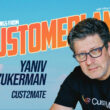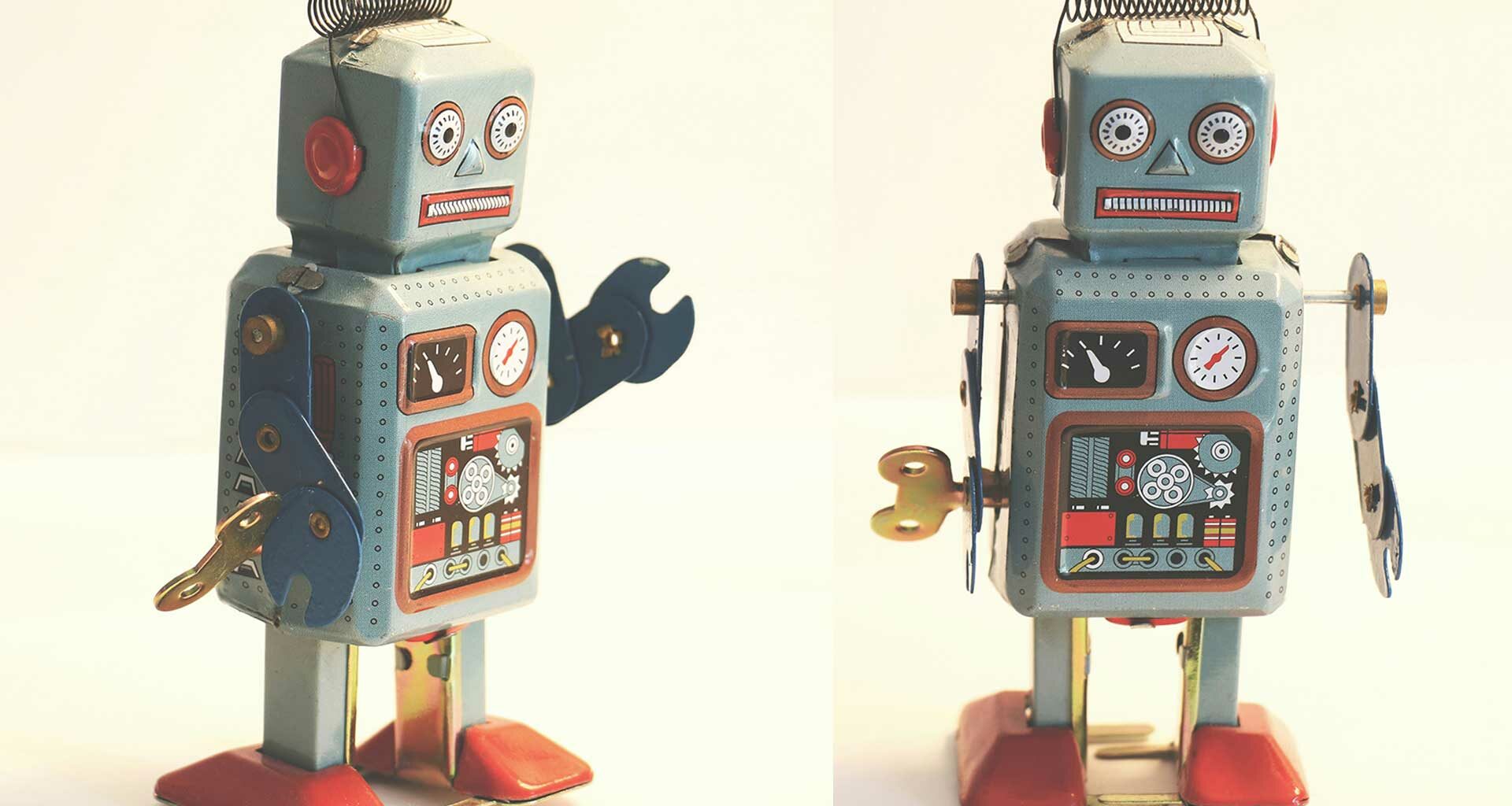Which do you want first?
Research tells us that depends. On whether you’re the giver or receiver of bad news. And if the news-giver wants the receiver to act on the information. It’s more complicated than you might think.
Giving or getting bad news is difficult. Research found recipients of bad news overwhelmingly want to hear that bad news first. News-givers prefer to deliver good news first. The research determined good news introduced into a conversation first can better influence the recipient’s decision to act or change behavior. So, as I’m a big supporter of research, that’s what I’m going to do. Give you good news first and then the bad news.
About AI. Currently a hot topic and likely to remain so for the foreseeable future. Because it’s dedicated to creating programs that can replicate human thinking and performance. Which is good news. Although Stephen Hawking said, “Success in creating AI would be the biggest event in human history. Unfortunately, it might also be the last, unless we learn how to avoid the risks.” Which sounds like bad news. See? That’s how that good news-bad news ordering thing works.
But that’s also the way it works with new technologies. There’s always good news and bad news. And in this instance, also “better news” and “really bad news.” I suppose preliminary questions might be, can AI genuinely enhance customer experience, trust, value, and loyalty? Or is it an intrusive, impersonal technology that will alienate customers and erode loyalty?
The good news is AI can do things faster and more precisely than human beings. It can streamline internal and external processes. And, while “to err is human, to forgive divine,” neither of those are of concern to AI. AI can prevent human error, particularly when it comes to repetitive tasks. And, with properly configured datasets, AI shouldn’t have a bias about, well, anything. It can work 24/7 versus an 8-hour human workday and doesn’t “get tired” or “bored” or want sick days. So, ultimately it can be more productive, reduce costs, and increase brand value. So, good, right?
Yeah, but the bad news is AI development is expensive. The really bad news is that AI isn’t creative. Not in the way humans are. AI isn’t emotional. Remember? It has no bias. And, with most of human decision-making being more emotional than rational, it may not be the most effective way to turn over problem-solving or experience-design to something that has built-in parameters. Also, you should factor in the combined negative effects that result from increased consumer expectations and the very real actuality that AI must be constantly updated. It doesn’t (currently) learn by itself or from its own mistakes.
So, yes, there’s good news and bad news when it comes to AI.
Brand Keys focuses on brand and customer loyalty and predictive engagement. And, despite the preponderance of emotion in the loyalty paradigm, we recognize the fact that it won’t remain untouched by AI. So, the better news is AI can play a part in increasing customer-to-brand engagement and loyalty. Via activities like personalization, continuous improvement, improved products and services, and better customer experiences. Here’s six ways we identified that AI can help support your loyalty efforts:
Prediction is a critical aspect for creating loyalty. By predicting consumer attitudes and behaviors more quickly and accurately, AI allows brands to anticipate and prepare to meet those ever-increasing customer expectations faster and better.
AI chatbots can supplement voice and human chat and offer seamless, near-immediate, around-the-clock customer support. Remember those expectations regarding 24-hour problem resolution consumers used to have? Well, now it’s now closer to 15 minutes! AI can enhance service, and support it more quickly and efficiently, impacting experience thus increasing engagement and loyalty.
The desire for personalization that made itself so very felt at the end of the last century has only increased this century. AI can respond to that craving by personalizing interactions, providing tailored content, recommendations, and experiences based on customer behavior and attitudinal (and behavioral) expectations. Do that and you only strengthen emotional connections between brands and customers. And that correlates very highly with loyalty.
Oh, more and better and faster and more-targeted personalization will ultimately help identify and facilitate product and service improvements and what’s needed for innovation. Think of it as an immediate-feedback–insight–expectations-loop. New/better products and services almost always result in stronger customer loyalty and better customer behavior. Especially if they fill the gap between customer desire and actual brand delivery.
And because AI algorithms can ensure transparency in decision-making processes, they demonstrate a brand’s commitment to being fair and ethical, which, in turn, fosters more trust and loyalty among your consumers.
By AI-automating social media content creation or more meaningful messaging, brands can plan and target and deliver more content to consumers at the right time in the right way, which also strengthens the brand-to-consumer bond. And that shows up in the marketplace as meaningful and profitable loyalty.
So, yes, AI can be a powerful weapon in a marketer’s arsenal. Particularly when it comes to building and nurturing loyalty. But that said, nothing can currently replace real human emotions and connection. Managed properly, those drive deeply improved business outcomes and even deeper brand loyalty.
And for marketers, that’s always good news.
Photo by Rock’n Roll Monkey on Unsplash













